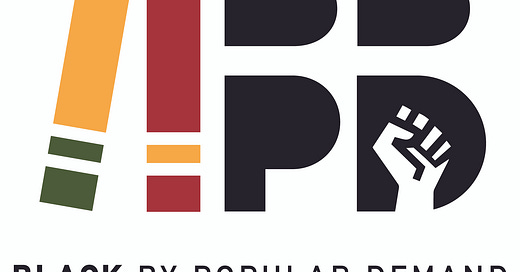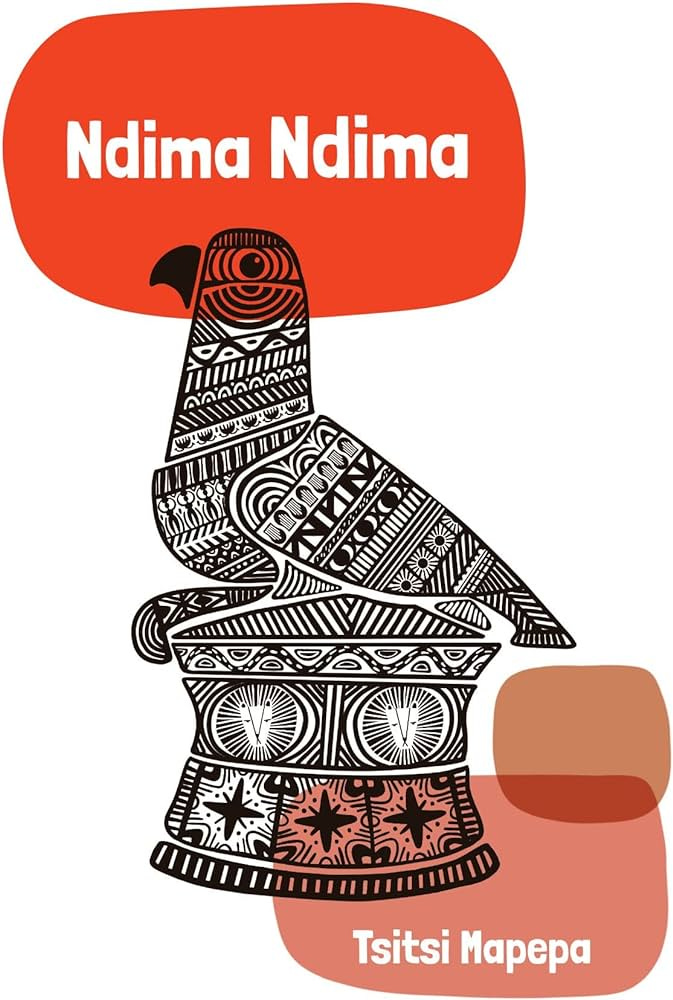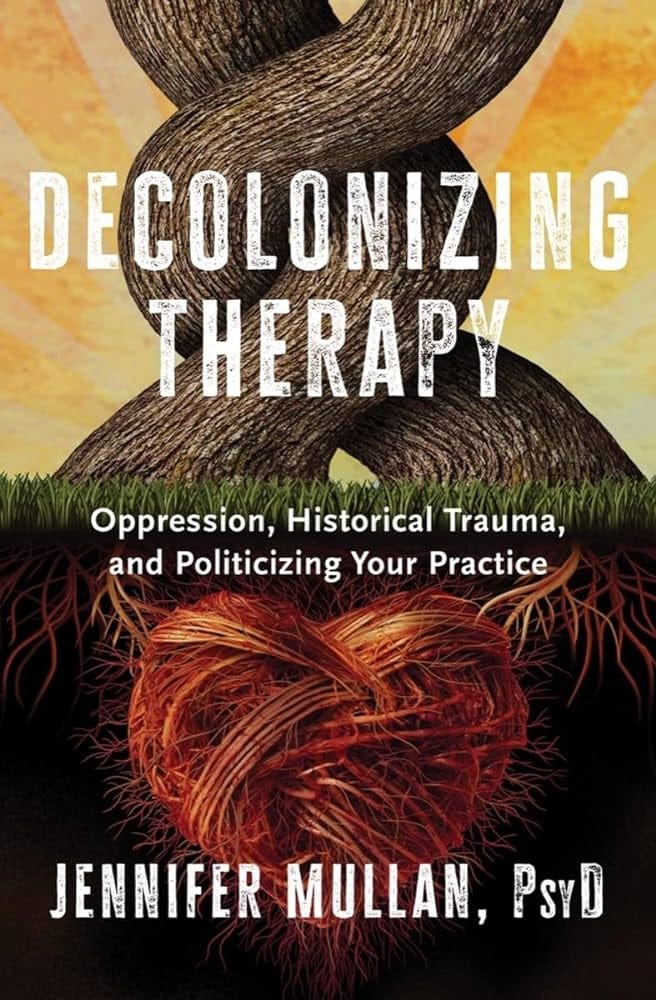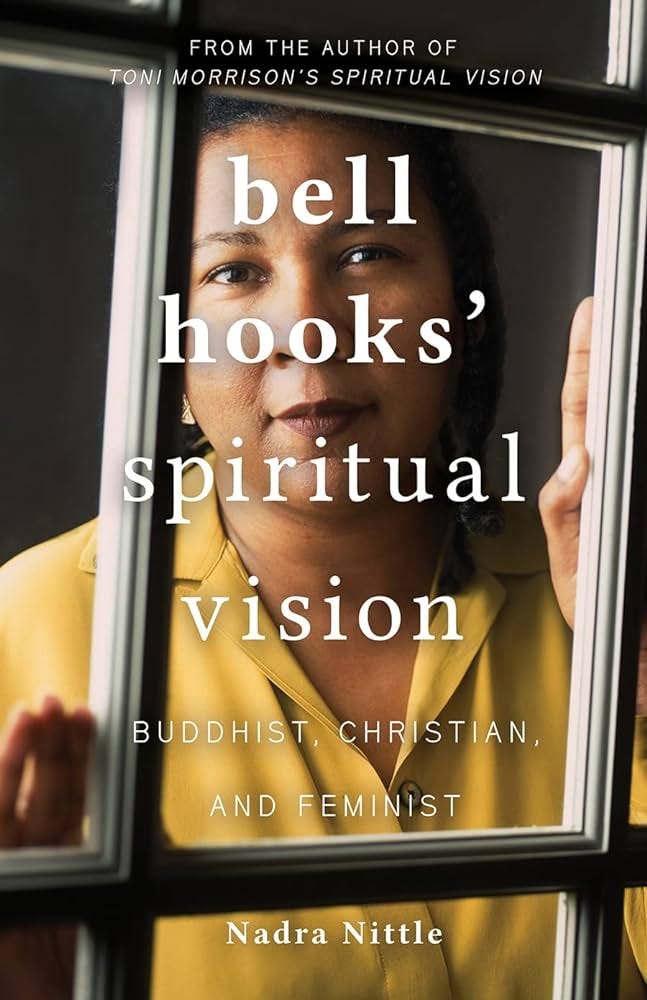Autumn is fully here! Stock up on your books from the newly opened Loudmouth Books of Indianapolis, IN.
Happy Reading!
We Could Fly
Meet Jelaya (jeh-LAY-uh.) She hates wash day.
At a sparrow's urging, a young girl feels a mysterious trembling in her arms, a lightness in her feet, a longing to be free. Her mother tells her that her Granny Liza experienced the same, as did many of their people before her. Perhaps it's time, Mama says, to slip the bonds of earth and join the journey started long ago. To hold each other tight and rise. Drawing on lyrics from the song "We Could Fly" by Rhiannon Giddens and Dirk Powell, which in turn draw on a heritage of African folklore, this incantatory dialogue between a mother and daughter paired with startlingly beautiful illustrations celebrates love, resilience, and the spiritual power of the "old-time ways"--tradition and shared cultural memory--to sustain and uplift.
(Children’s)
Small Shoes, Great Strides: How Three Brave Girls Opened Doors to School Equality
Leona Tate, Gail Etienne, and Tessie Prevost didn't set out to make history. But when these three Black first graders stepped into the all-white McDonogh No. 19 Public School in New Orleans on November 14, 1960, that's exactly what they did. They integrated their school just ten minutes before Ruby Bridges walked into her school, also in New Orleans. Like Ruby, the trio faced crowds of protestors fighting against public school desegregation efforts and relied on US Marshals to keep them safe. Their teacher protected them every step of the way, and the girls formed a close bond, becoming friends for life.
Award-winning author Vaunda Micheaux Nelson conducted extensive interviews to bring this little-known story from the Civil Rights Movement to a broad audience. Vivid illustrations by fine artist Alex Bostic highlight the girls' strength, courage, and determination.
(Children’s)
The Man Who Cried I Am: A Novel
With a foreword by Ishmael Reed and a new introduction by Merve Emre about how this explosive novel laid bare America's racial fault lines
Max Reddick, a novelist, journalist, and presidential speechwriter, has spent his career struggling against the riptide of race in America. Now terminally ill, he has nothing left to lose. An expat for many years, Max returns to Europe one last time to settle an old debt with his estranged Dutch wife, Margrit, and to attend the Paris funeral of his friend, rival, and mentor Harry Ames, a character loosely modelled on Richard Wright.
In Amsterdam, among Harry's papers, Max uncovers explosive secret government documents outlining "King Alfred," a plan to be implemented in the event of widespread racial unrest and aiming "to terminate, once and for all, the Minority threat to the whole of the American society." Realizing that Harry has been assassinated, Max must risk everything to get the documents to the one man who can help.
Greeted as a masterpiece when it was published in 1967, The Man Who Cried I Am stakes out a range of experience rarely seen in American fiction: from the life of a Black GI to the ferment of postcolonial Africa to an insider's view of Washington politics in the era of segregation and the Civil Rights Movement, including fictionalized portraits of Martin Luther King, Jr., and Malcolm X. John A. Williams and his lost classic are overdue for rediscovery.
(Literary)
Ndima Ndima
From the red soil of her garden in Southgate 1, a crowded suburb of Harare, Nyeredzi watches the world. She knows not to venture beyond the grasses that fence them off from the bush, where the city's violent criminals and young lovers claim the night. But on this red soil, she is sovereign. It is here where she learns how to kill snakes, how to fight off a man, and how to take what she is due. It is here where Nyeredzi and her three older sisters are raised, and where they will each find a different destiny.Decades prior, a young woman abandons a position of great power to seek justice in the second Chimurenga War, only to return to find her world in shambles. So Zuva Mutongi sets off to build a world of her own, raising four daughters--Nyeredzi, Hannah, Abigail, and Ruth--and defending them from the evils beyond their small Harare home. But when a letter from her long-estranged brother calls her back to a past life, Zuva must reconcile with her duty and heal the broken community she left behind.Tsitsi Mapepa's vibrant debut is the history of a new Zimbabwe, with resilient women and men who raised a nation from its ashes. It is the chronicle of an L-shaped house, long awaited and much beloved, and the guests, welcome and unwelcome, who cross its threshold. It is the coming-of-age of four sisters, who will discover the secrets of womanhood on the volatile streets of Harare. But above all, it is a love song to one woman--a soldier, healer, chief, and mother--whose fierce devotion to her people is a testament to the bonds of blood that bind us all.
(Literary)
Decolonizing Therapy: Oppression, Historical Trauma, and Politicizing Your Practice
An essential work that centers colonial and historical trauma in a framework for healing, Decolonizing Therapy illuminates that all therapy is--and always has been-- inherently political. To better understand the mental health oppression and institutional violence that exists today, we must become familiar with the root of disembodiment from our histories, homelands, and healing practices. Only then will readers see how colonial, historical, and intergenerational legacies have always played a role in the treatment of mental health.
This book is the emotional companion and guide to decolonization. It is an invitation for Eurocentrically trained clinicians to acknowledge privileged and oppressed parts while relearning what we thought we knew. Ignoring collective global trauma makes delivering effective therapy impossible; not knowing how to interrogate privilege (as a therapist, client, or both) makes healing elusive; and shying away from understanding how we as professionals may be participating in oppression is irresponsible.
(Nonfiction)
bell hooks' Spiritual Vision: Buddhist, Christian, and Feminist
When Black feminist and scholar bell hooks died in 2021, she was widely remembered for writing more than three dozen books across genres including memoir, poetry, theory, and criticism. However, it was her book Ain't I a Woman, in which hooks examines how Black American women have historically faced gender, class, and racial oppression, that catapulted her to prominence as a leading feminist thinker.
Nadra Nittle makes it clear that hooks identified not only as a feminist but also as a Buddhist Christian. In bell hooks' Spiritual Vision, Nittle recounts how hooks kept her spiritual practice private for years, fearing there was no room to discuss her faith in the feminist movement or in the academy. Ultimately, hooks decided to talk and write about her faith to give hope to students curious about her source of strength in a society she deemed an """"imperialist white supremacist capitalist patriarchy.""""
Nittle traces the influences of the Rev. Martin Luther King Jr. and Buddhist monk Thich Nhat Hanh as hooks developed a spiritual practice centered on love as a force for social change. Although hooks opened up about her spiritual philosophy in the last decades of her life, Nittle argues that hooks's contributions to religious discourse are largely unheralded. bell hooks' Spiritual Vision reflects her identity as a feminist and a believer who knit together her political and spiritual practices.
This book offers readers a window into spirituality's role in hooks' writing on her life, love, feminism, and society. It speaks both to hooks's longtime followers and to newcomers to her writing. Regardless of their starting points, readers will get to know bell hooks for all she was--Buddhist, Christian, and feminist.
(Nonfiction)
The Invisible Ache: Black Men Identifying Their Pain and Reclaiming Their Power
A moving combination of memoir, psychology, and practical tools, this book offers Black men guidance and support for reclaiming mental well-being and finding whole, full-hearted living.
Early in his career, actor Courtney B. Vance lost his father to suicide. Recently, he lost his godson to the same fate. Still, as mental health discourse hits the mainstream, it leaves the most vulnerable out of the conversation: Black men.
In America, we teach that strength means holding back tears and shaming your own feelings. In the Black community, these pressures are especially poignant. Poor mental health outcomes-- including diagnoses of depression and anxiety, reliance on prescription drugs, and suicide-- have skyrocketed in the past decade. Institutionalized racism, microagressions, and stress caused by socioeconomic factors have led Black individuals to face worse mental health outcomes than any other demographic.
In this book, Courtney B. Vance seeks to change this trajectory. Along with professional expertise from famed psychologist Dr. Robin L. Smith (popularly known as "Dr. Robin"), Courtney B. Vance explores issues of grief, relationships, identity, and race through the telling of his own most formative experiences. Together, Courtney and Dr. Robin provide a guide for Black men navigating life's ups and downs, reclaiming mental well-being, and examining broken pieces to find whole, full-hearted living. Self-care is an act of revolution. It's time to revolutionize mental health in the Black community.
(Nonfiction)










